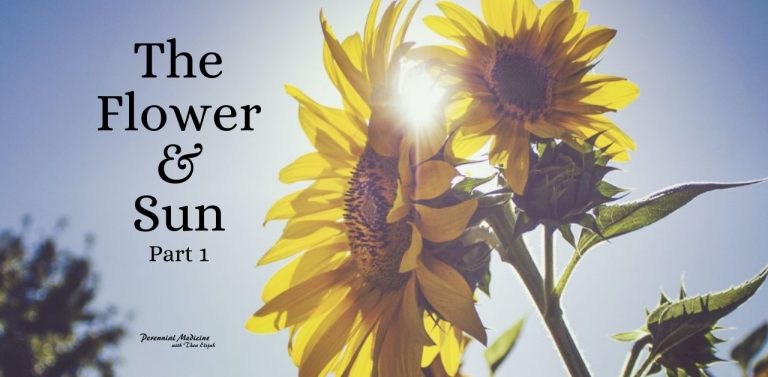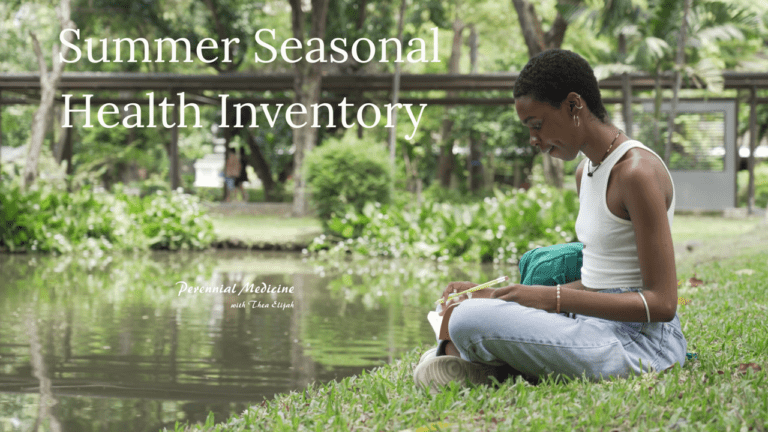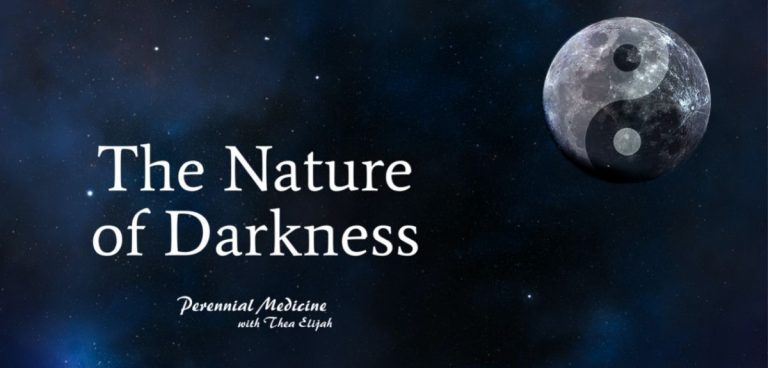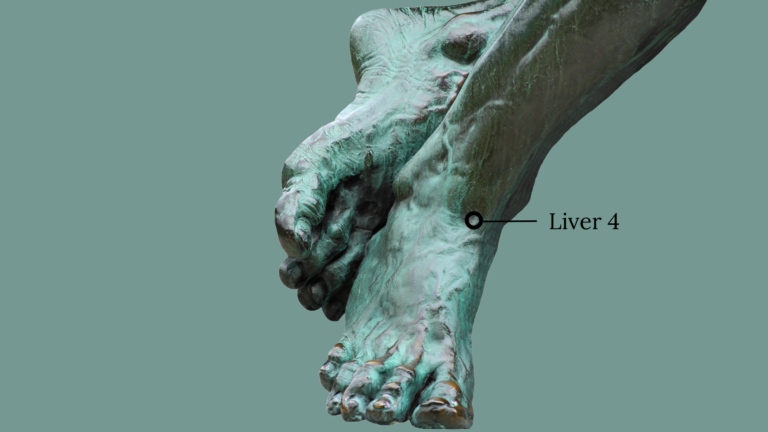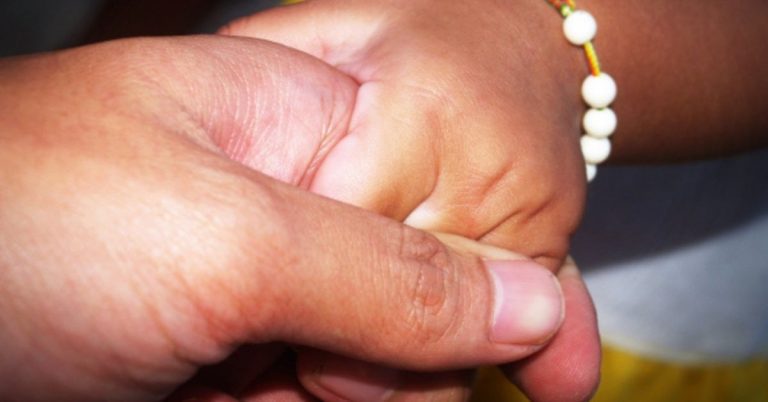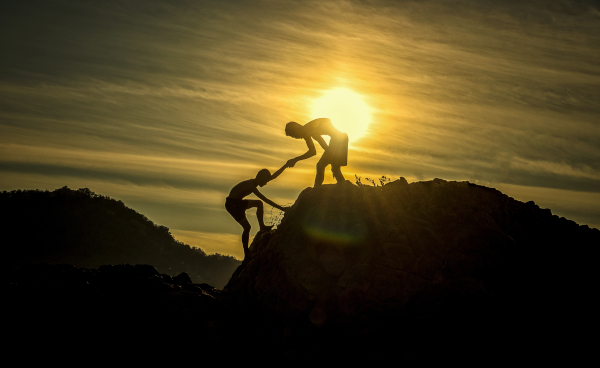Love is Necessary for Healing
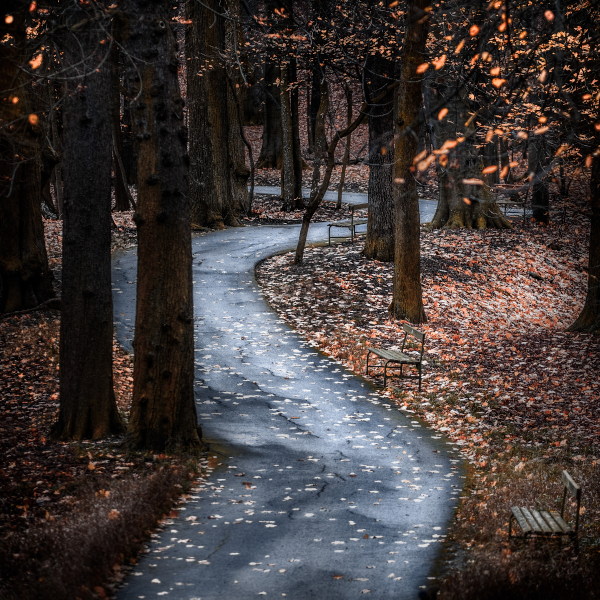
Love is Necessary for Healing
Have you ever said or done something that, in hindsight, might have been significantly hurtful to someone? Maybe you realized it yourself, or maybe someone pointed it out to you. That’s a difficult moment. How did you feel, and how did you support yourself through those feelings?
There are many kinds of trauma, but one of the most painful is what is called “moral injury.” Moral injury occurs when we do something that, in our heart of hearts, we know is harmful or wrong—and we just can’t face it. In many ways, it is more difficult to heal our moral injuries than to heal the harm we’ve received from others—because we are more likely to be ashamed of the harm we have done than the harm we have received.
We all make mistakes. We all do harm, and then suffer when we realize it. The deeper harm is done when we are unable to support ourselves through the process of recovering from moral injury. The deeper harm takes root when we shut down instead.
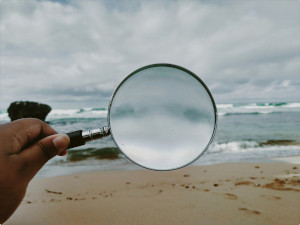 Moral injury also occurs when we witness harm being done to another, and we do nothing to stop it. This includes harm that we have no idea how to stop, nor any direct means to interrupt (for instance watching a video of a harm taking place). The pain of this kind of moral injury cannot be underestimated—it has left many of us devastated and immobilized.
Moral injury also occurs when we witness harm being done to another, and we do nothing to stop it. This includes harm that we have no idea how to stop, nor any direct means to interrupt (for instance watching a video of a harm taking place). The pain of this kind of moral injury cannot be underestimated—it has left many of us devastated and immobilized.
Pain hurts, and moral injury is pain. We don’t like it. When we don’t have supportive resources for moving through it, we tighten up and try to shut it down. Unfortunately, when we tighten and brace against the pain, it is much harder to be insightful about what just happened, and much harder to heal.
 This is why I have begun teaching an anti-racist version of Whole Heart Connection that I am calling “Whole Heart Whiteness.” It’s been awakening, ensouling, life-giving in places that I didn’t even know that I was half-alive. It feels so good that I want to share it with as many other white people as I can—I want to help other white people move beyond the fear and paralysis that keeps us from healing interracial trauma.
This is why I have begun teaching an anti-racist version of Whole Heart Connection that I am calling “Whole Heart Whiteness.” It’s been awakening, ensouling, life-giving in places that I didn’t even know that I was half-alive. It feels so good that I want to share it with as many other white people as I can—I want to help other white people move beyond the fear and paralysis that keeps us from healing interracial trauma.
But it does take love. And it does take heart. Luckily, with Whole Heart Connection skills, that’s not hard to come by. Whole Heart Whiteness is an opportunity for white people to learn practices and skills for thinking, feeling, and talking about racialized pain in an embodied, healing way.
I’ve talked to a number of white people about this, and they’ve had a hard time believing that this is real—that healing racism could be a joyous process that leaves us feeling so much better in ourselves.
Here is what one participant said after the last Whole Heart Whiteness gathering:
Except that Thea was teaching it, I didn’t really want to go to the Whole Heart Whiteness workshop. I had a lot of my own pain and struggle going on and could hardly imagine having the capacity to help heal the deeply painful and entrenched patterns of racism, whiteness, and so on. I was afraid of being overwhelmed, of having to do emotionally really challenging work when I was already struggling. I was surprised to find that the workshop was basically the opposite of what I imagined.
I actually received so much healing and support; it was amazing! And I didn’t have to dig deeply into my own pain and suffering to do so. I just sat there, gently present, listening and healing, and somehow, almost magically, I received the resources I needed to be with and transform my own pain. It was incredibly helpful. –Dawn F.
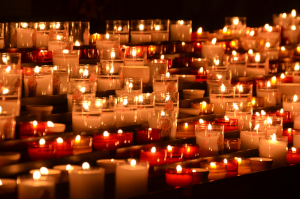 As you can see, this is not about beating ourselves up or bleeding to death. This is about creating a safe and compassionate healing space so that we are able to receive the love where we need it most: in the places that have been ready to heal for a long time, ready to return to ease and wholeness—and healthy change.
As you can see, this is not about beating ourselves up or bleeding to death. This is about creating a safe and compassionate healing space so that we are able to receive the love where we need it most: in the places that have been ready to heal for a long time, ready to return to ease and wholeness—and healthy change.
Let’s talk more about this soon.
Join me at one of my upcoming webinars, Whole Heart Whiteness. Find the upcoming workshops here.
